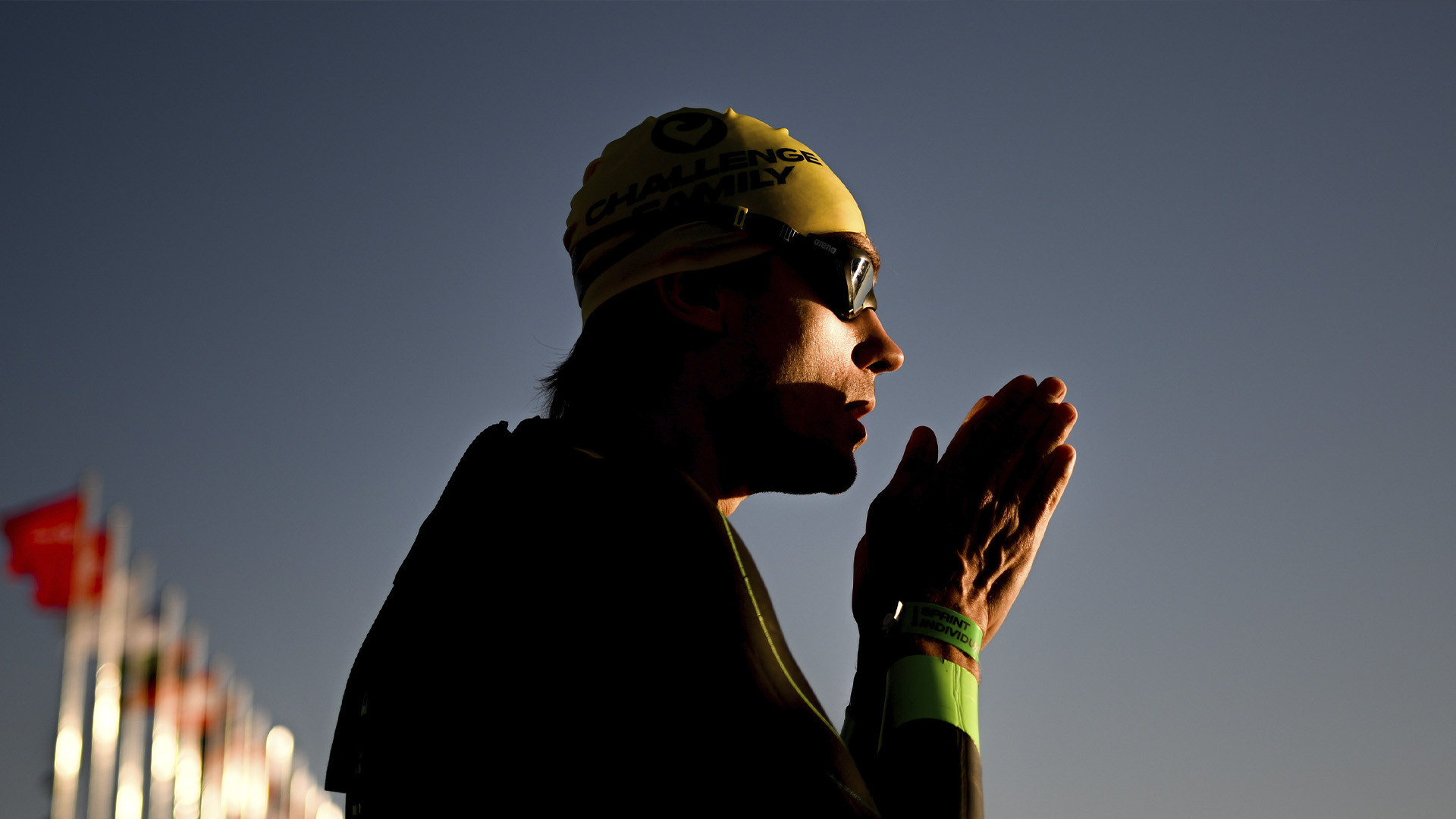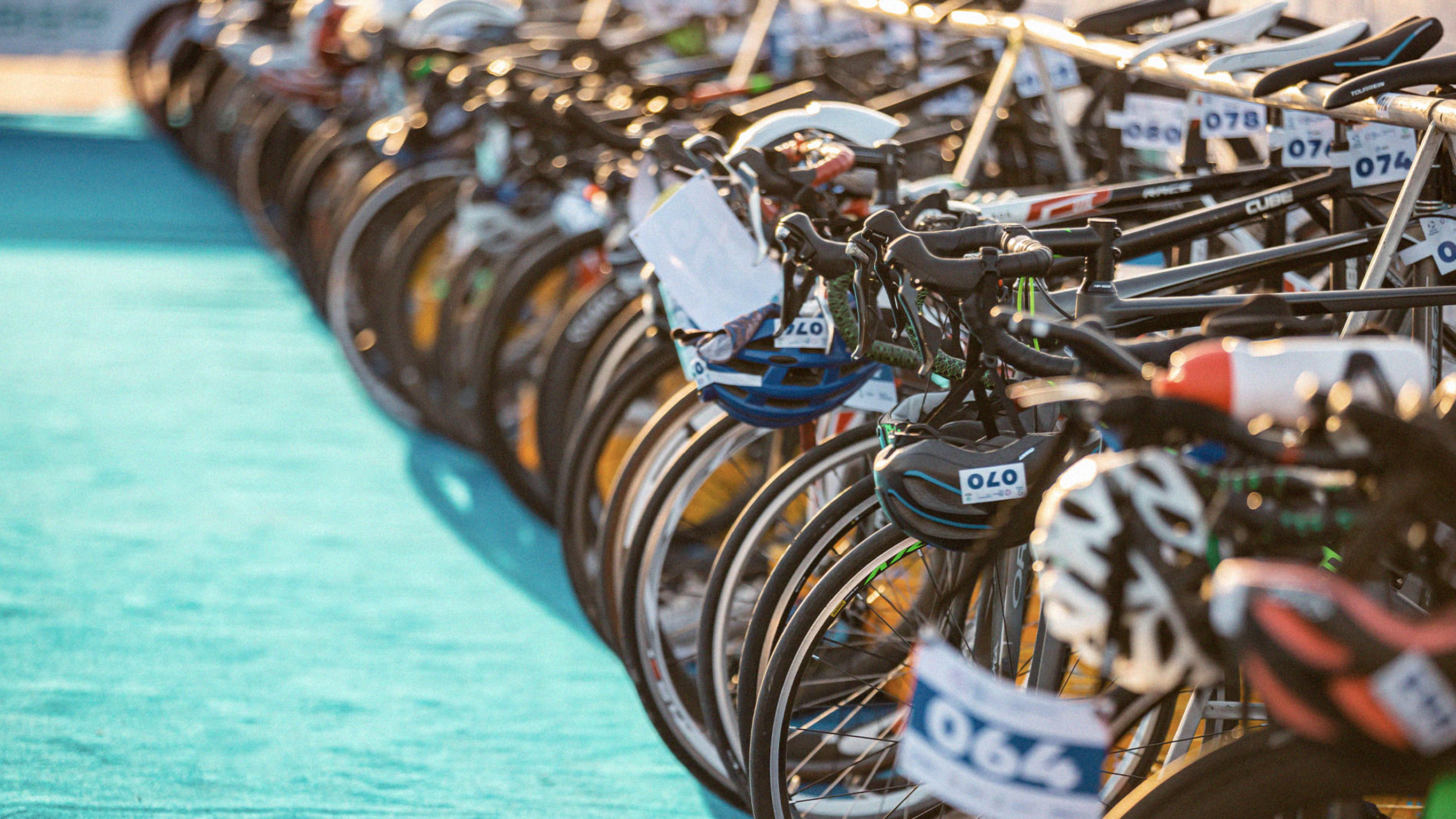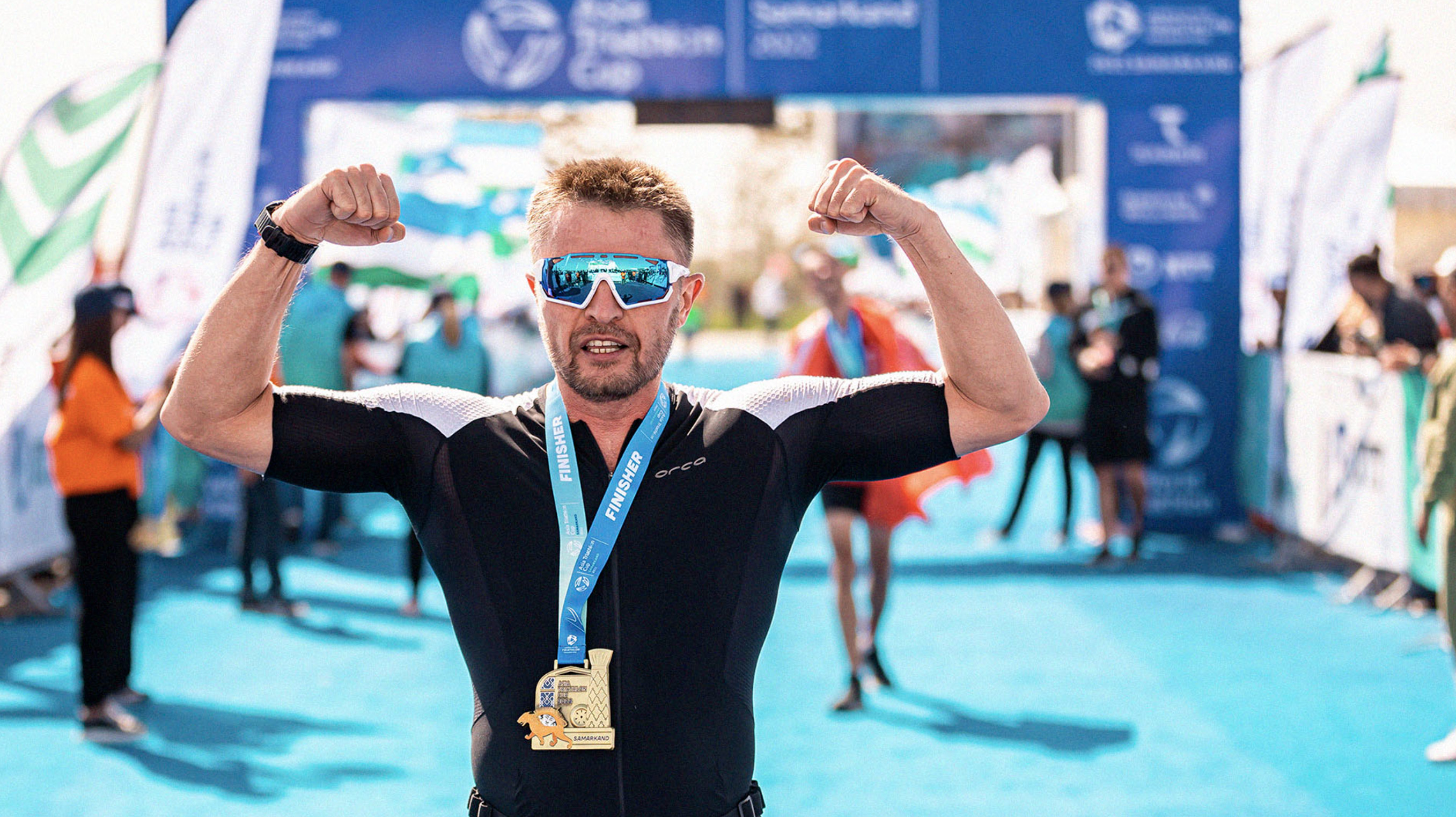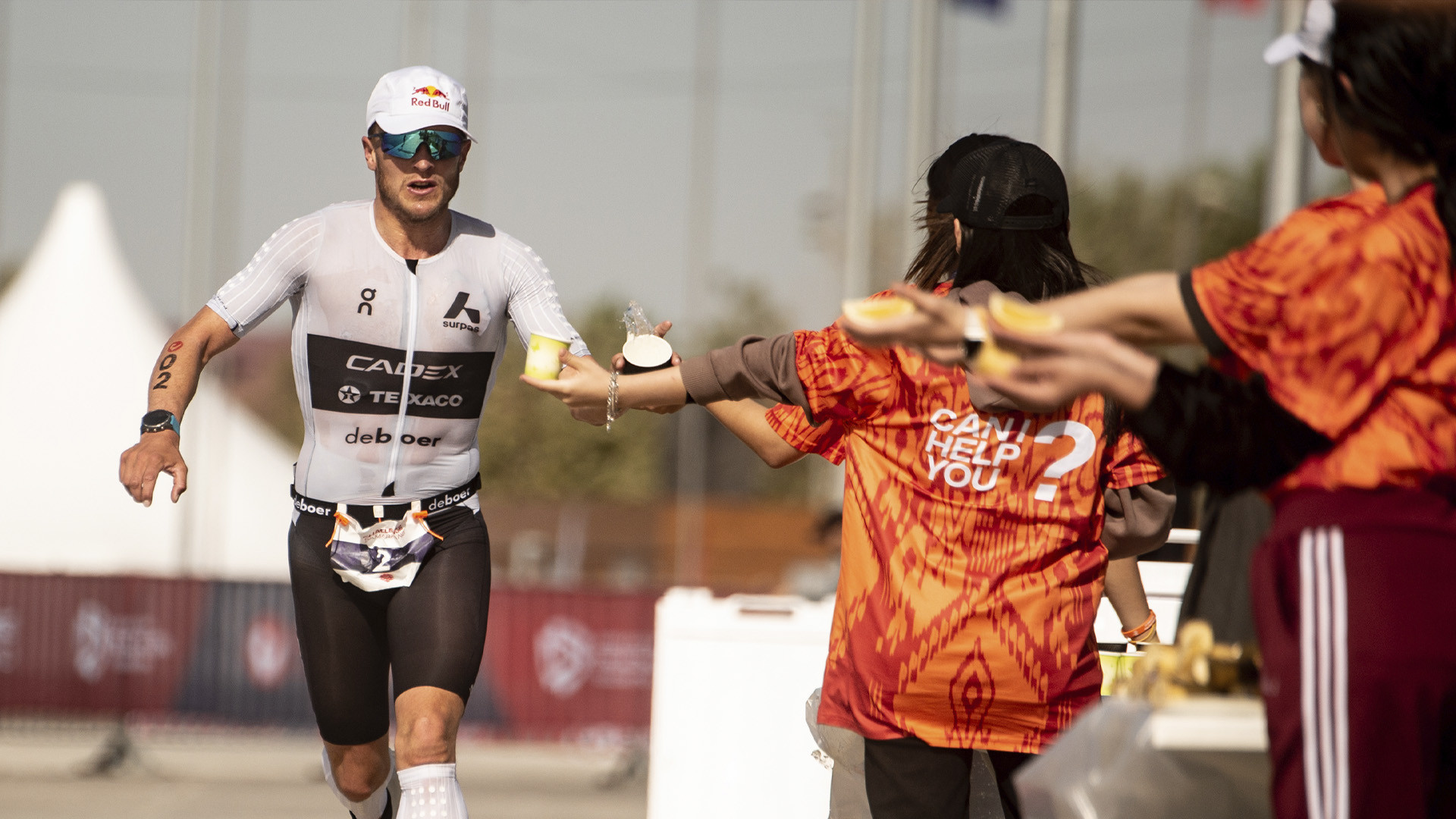- Home
- Recommendations
- Top Tips
- 7 Tips for Managing Nerves Before a Triathlon
with Lesley Paterson
Lesley Paterson is a Scottish triathlete, writer, screenwriter, and film producer. She won the XTERRA Triathlon World Championships in 2011, 2012, and 2018, as well as the Cross Triathlon World Championships in 2012 and 2018. She co-authored the book The Brave Athlete: Calm the Fck Down and Rise to the Occasion.*
Below are important points to keep in mind for both beginners and triathlon enthusiasts before a race.
Don’t try to get rid of physical sensations; rethink them. Physical nervousness is a GREAT sign. It means you’re ready. While it may be uncomfortable to feel nausea, a racing heart, heavy breathing, sweaty palms, and the constant urge to go to the bathroom, this is necessary to show your physical best. These reactions are your body’s way of preparing metabolically, neurologically, and biochemically for a successful race.
Control what you see and hear. The part of your brain perceiving information as threatening is on high alert, bypassing your conscious, rational brain. Don’t give it “fuel.” Put on a hoodie, cap, sunglasses, and headphones, and walk through the transition zone with confidence.
Develop a pre-race ritual. Routines are like comfort blankets for the brain. Create a strict routine 24 hours before the race. Try to do the same things each time up until the start signal. For example, when I set up my transitions, I make body marks, eat a gel, and then walk through both transitions, memorizing the paths. Every time.
Neutralize negativity by accepting it. This isn’t an invitation for self-criticism but a way to quiet inner panic. Say all your hidden fears out loud. Continue until you exhaust your fears or start repeating them. This might take two minutes or 15 minutes. It’s your brain’s version of “crying itself to sleep,” and it’s backed by science.
Try a mini stress-reduction technique. When you feel nerves building, take five deep “belly” breaths, each with a four-second exhale. Since anxiety causes muscle tension, this reduces joint flexibility and affects proper biomechanics. You can restore a relaxed state by performing a five-second voluntary contraction of each major muscle group, then relaxing. Focus on the sensations of lightness and warmth after each contraction. Finish with five belly breaths.
Focus on the process. What we worry about before a race hasn’t happened yet. The only thing that matters is what you need to do right now to perform the skill at your best. Repeat techniques to stay focused on the present moment and remind yourself of what’s needed to reach your peak. My mantra for swimming: “Long, strong, and glide.” My mantra for biking: “Smooth is fast, fast is smooth.” My mantra for running: “Quick feet, keep the back straight.” I repeat these mantras like a prayer before each race.
Remember your “why.” The more you connect your race experience with why you do triathlon, the better. This should be your happy place. For me, it’s freedom. When you remove all other distractions, logistics, and fears, one main quality should remain that keeps you coming back. What is your reason? Find it, love it, live it.





